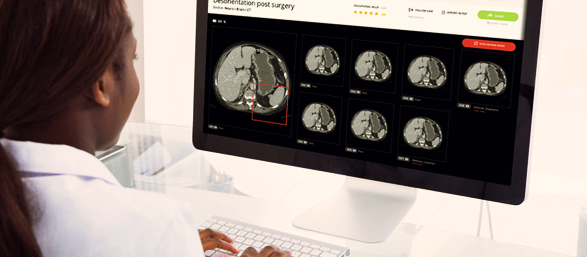

The Nordics: A Hotbed of Innovation in Medical Imaging.
There’s no hiding from the recent boom in Artificial Intelligence (AI) in medical imaging, whether it’s brought in to improve productivity of clinical workflow, identify imaging abnormalities or automate image interpretation and reporting.
Hiring globally on behalf of a variety of different AI start-ups, I have been struck by the disproportionate number of start-ups making traction originating from the Nordics.
At this point, I must admit to some degree of bias due to my Swedish roots. But for a region with roughly 26 million people, you have to admit that its number of exciting start-ups is a curious quirk of the European imaging landscape.
To investigate this trend, I spoke to Dr Fiona Pathiraja, a former radiologist who heads up Crista Galli Ventures which is a healthtech investment company based in Copenhagen. She provided some reasoning behind this trend.
In general, the Nordics are very progressive with people seeking digital first solutions in all parts of their lives from banking to shopping to healthcare. Thus, it is unsurprising that healthtech is thriving here. For example, our portfolio includes CMRAD in Sweden and Radiobotics and Cerebriu in Denmark.
Strong public funding bodies and active private investors coupled with innovative and open-minded founders, leads to a thriving healthtech ecosystem. We are excited to see what the next decade brings for the deeptech radiology market.
You can classify the majority of medical imaging companies into one of five indications: breast, neurological, lung, MSK and cardiovascular. And of these, it’s the neurological segment which many of the Scandinavian countries are focusing on.
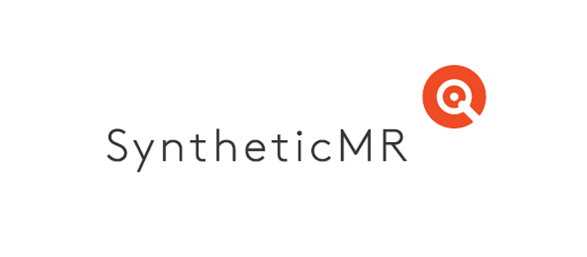
That’s certainly true for the Swedish-based company, SyntheticMR, which provides innovative software solutions for magnetic resonance imaging (MRI) to support faster and more precise diagnoses.
SyntheticMR’s technology measures the absolute properties of the brain and delivers adjustable contrast images, automatic biomarker segmentation and quantitative data in a single six-minute scan.
The product has the potential to shorten scan times, improve patient throughput and offer more information at the workstation to the clinician.
While SyntheticMR is headquartered in Linköping, they’re not limited to just the Nordics. The company has a global footprint, with sales representation in the US, Japan and India.
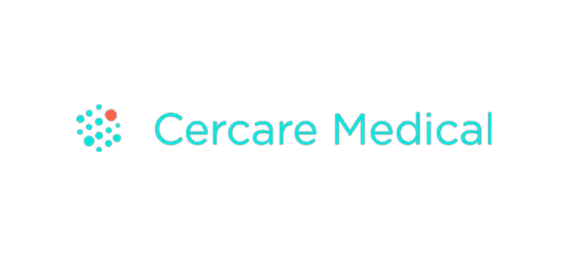
Danish company, Cercare Medical, is also making improvements in efficiency with its solutions focused currently on neuro imaging and solutions for stroke.
The company was established as a spin-out of the CFIN/MINDLab centre at Aarhus University Hospital, with the Cercare technology based upon 20 years of research from Professor Leif Østergaard and Professor Kim Mouridsen – two of the world’s leading researchers in neuroradiology.
I spoke with the Co-Founder and CEO, Kim Mouridsen, about the Cercare offering and its vast potential that goes beyond AI.
There is tremendous market opportunity, not only in AI, but also in the biomarkers we are developing. The imaging biomarkers developed are important for stroke management but also in disease where there are sub clinical changes in perfusion - for example, Alzheimer’s disease.
We have a unique opportunity as we can span not only neurological diseases but also vasculatures across prostate, liver, kidney and breast.
Kim went on to champion the prevalence of AI imaging in the Nordics, crediting much of the region’s success to its companies’ abilities to collaborate with hospitals. However, he also highlighted that there’s always ever-increasing competition from the US and China.
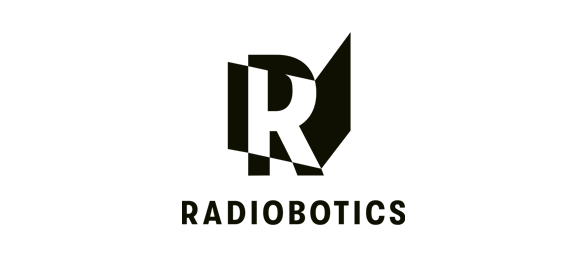
Cercare’s Danish compatriot, Radiobotics, has developed robust and clinical validated algorithms for musculoskeletal (MSK) radiology.
These algorithms increase throughput by automating the analysis and reporting on routine x-rays, which is especially valuable when you consider how time-consuming this task is and the substantial backlogs in healthcare.
This work hasn’t gone unnoticed. Despite only being founded in 2017, the company has already been nominated for the Future Unicorn Award 2021 by DigitalEurope. Co-founder and COO, Stine Mølgaard Sørensen, also won Entrepreneur of the Year at the 2020 Nordic Start-Up Awards.
I spoke to Stine about the success Radiobotics and the region were enjoying in the space. She claimed that this wasn’t a fluke, but down to the environment which allows these AI start-ups in the Nordics to thrive. Stine placed a specific significance on the Nordics’ digitalized health economy, free university education and domestic government investment.
You must have these things, so that you can begin to make a difference: a great healthcare system, well educated people and willingness to invest.
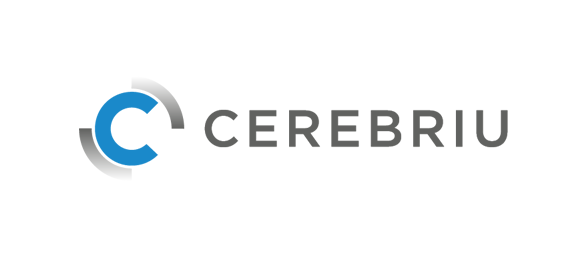
Founded one year after Radiobotics, Cerebriu is on a similar mission to provide faster personalised diagnostics imaging.
They have also hit the ground running. This year, the Danish start-up was recognised as a finalist in the 2020 Nordic Startup Awards for The Best Healthtech Start-Up of the Year.
Robert Lauritzen, CEO, Cerebriu told me about about the importance of innovation radiology,
Radiology is under tremendous pressure globally with annual growth rates of 8-10% on their crucial services to enable healthcare management; an unprecedented opportunity to augment radiology through the promise of artificial intelligence-based solutions like Cerebriu Apollo to accelerate brain MRI scanning and reporting and enable faster acute treatment and reduction of non-acute admissions.
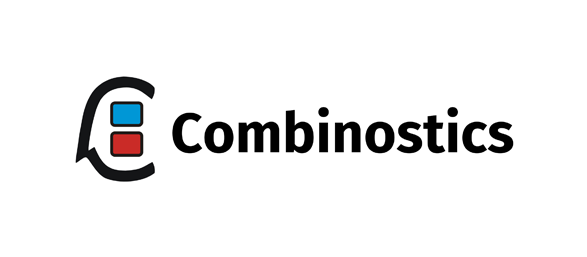
The Finnish Scale up AI-company, Combinostics, is also dedicated to making a clinician’s work simpler. Its advanced tools for data-driven diagnostics provide a holistic view of all patient data.
Combinostics’ cloud-based tools are used for extracting biomarkers from images, lab data and cognitive tests and integrating and contrasting all data with data from previously diagnosed patients. The combined data is then presented in a decision support system, using Combinostics’ patented disease-state fingerprint-technology.
Combinostics’ CEO, Lennart Thurfjell, told me how its work in Finland and Sweden has been particularly important for the development of the company.
We provide tools both for radiologists and neurologists. Our technology can be used in several neurological areas, but we have a special focus on dementia and a strong relationship with memory clinics at university hospitals in Finland and Sweden.
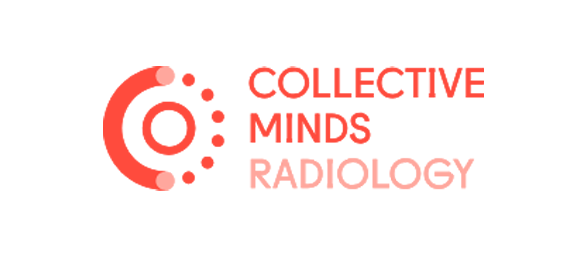
Stockholm-based, Collective Minds (CMRAD), also provides a digital time-saver with its cloud-based healthcare service that boosts efficiency.
In this CE-marked workspace for radiology, medical professionals can access collective intelligence and discuss and validate images, data and clinical studies. They can also utilise AI-powered tools to analyse images.
CMRAD’s Co-Founder and CEO, Anders Nordell, is also the former Nordic commercial leader at GE. He talked to me about CMRAD’s beginnings and explained why start-ups like them are so crucial to innovation in medical imaging and healthcare.
While the traditional industry companies are world-class in digitizing the traditional workflow, we want to support healthcare to transform to a digital mindset and transition that mindsets to new ways of delivering healthcare.
Every day as a radiologist you are uncertain about the diagnostic imaging finding. The hope with CMRAD is that we’re building the best network of radiological expertise across Europe. By connecting these people, we are combining their knowledge which is greater than any individuals. Today we have 2000 European radiologists collaborating on the platform, so now our goal is to host the largest network of radiology expertise globally.
I’m excited to see CMRAD grow, as more companies and experts begin to collaborate within its platform – making it an even more valuable tool.
It’s technology like this that makes me excited to work within the medical imaging industry. The Nordics’ healthtech infrastructure is proving to be a prolific breeding ground for start-ups and if the trend continues, perhaps we will start to consider the Nordics alongside start-up hotbeds such as Israel and Silicon Valley. Greater access to funds provided by the likes of Crista Galli Ventures will certainly be needed before that can happen, but all the raw ingredients are there to ensure that the Nordics will continue to be at the forefront of innovation in digital health.
If you'd like to discuss any of these technologies with me more or talk about the recruitment service that CM Medical offer, then please email me at Emil.Larsson@medical-cm.com.
For more content like this, visit my consultant page.
Recommended.
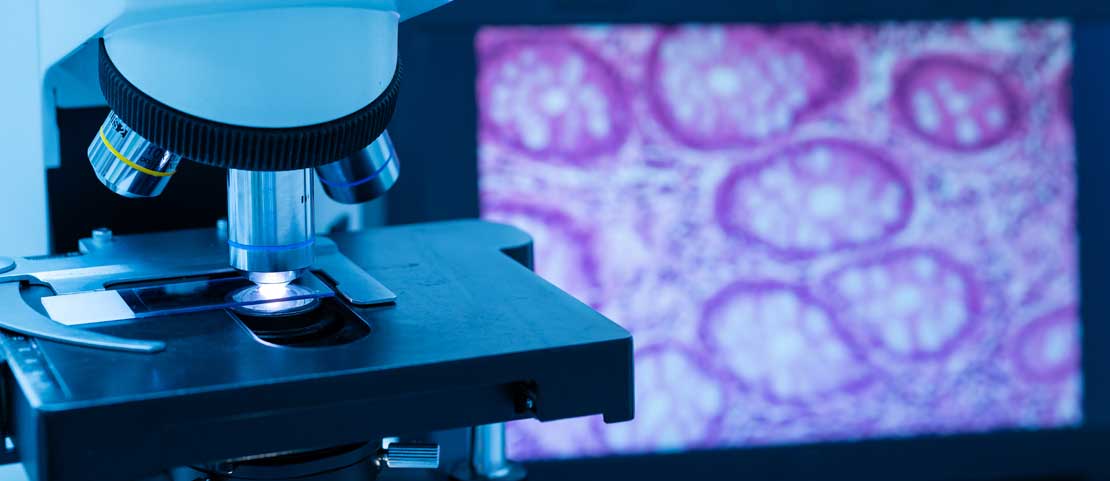
Putting Digital Pathology Front of Mind in Medical Imaging.
The digital pathology sector has seen a great focus within medical imaging in recent years. The use of digital technologies, advanced technology and AI integration means trends are shifting. These companies are leading the way.
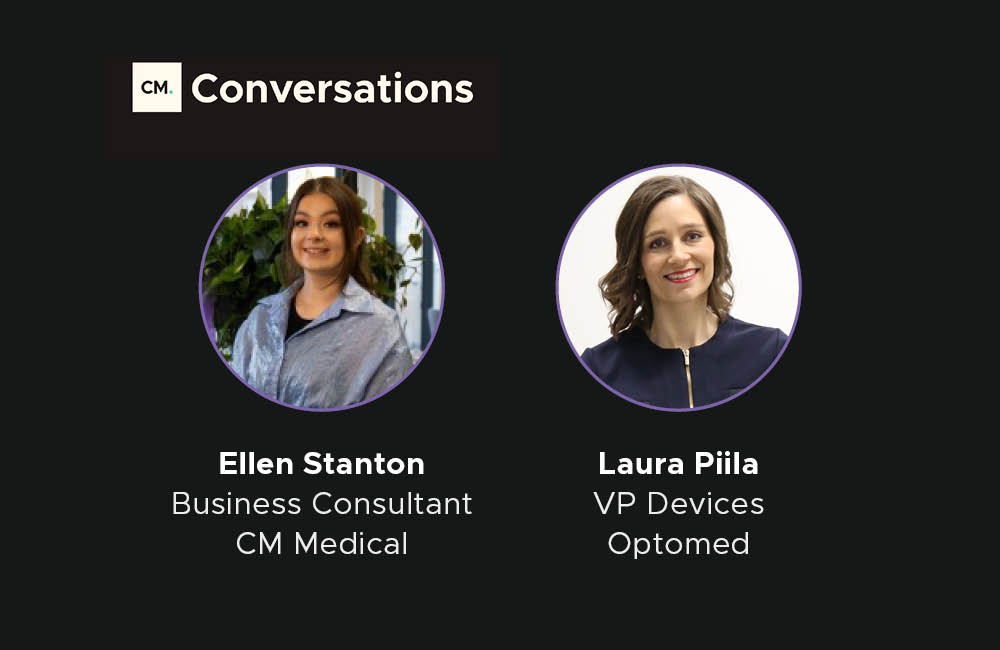
Career Progression for Women in STEM.
In this episode, Ellen catches up with Laura Piila, VP of Devices at Optomed. Touching on the challenges she has faced as a woman in STEM, securing FDA approval in MedTech and loads more.
.jpg)
Four Recruitment Lessons for RSNA.
Ahead of RSNA, I thought I would look back at some of the things I’ve learned from those conversations in sales, marketing, leadership, and technical recruitment over the years. Click to find out.

Down Under Takes Top Spot: Australian Start-ups to Know.
Australia has created the perfect space for medical imaging start-ups to take off. We look at medical imaging companies making the most of this post-pandemic.
Comments.